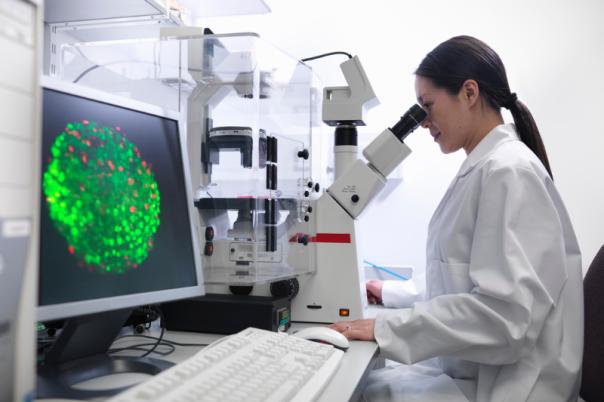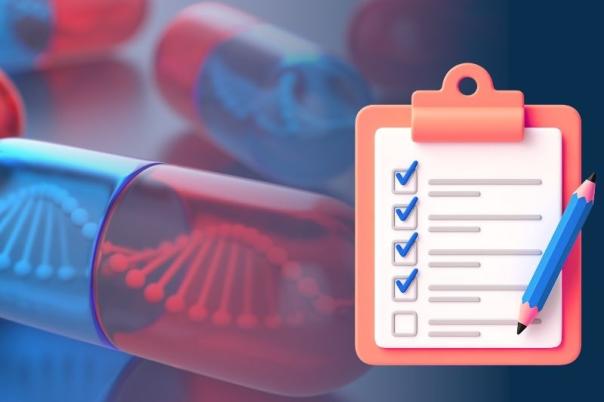Although CGTs have been around for a while, Bayer is a new player in the field. Bayer has made some acquisitions of small biotech companies including BlueRock Therapeutics and AskBio to broaden their CGT expertise. Menasheh Fogel, IT Head of Cell and Gene Therapies at Bayer emphasized that Bayer solely offers guidance to these companies but otherwise, they operate independently from Bayer.
Fogel highlighted further collaborations Bayer is working on, currently, Bayer is working with Charite which is the largest research hospital in Germany. The publicly funded program aims to build an ecosystem that enables biotech startups to raise the research capability, development capability, and translation capability of CGTs.
Fogel then stressed the importance of Bayer’s digital development, he stated: “When it comes to digital, part of what we're expecting to do there is not only provide research labs where the CGTs can come in and start to develop their products, but also our vision is that we would have a digital landscape that you could actually be able to use within your startups.”
It is important to incorporate a digital journey early on. Fogel explained that Bayer has significant interactions with patients, treatment centres, and centres of expertise (COEs) for Bayer’s two Parkinson’s products in the clinical pipeline. He emphasised that just-in-time logistics are key for CGT treatments, especially with surgeries and cell handling.
Outcome-based contracting demands robust systems to track and validate therapeutic outcomes. However, obtaining patient data and defining measurable outcomes is challenging, particularly regarding complex neurological disorders like Parkinson’s.
Fogel also introduced novel digital endpoints, he stated: “I would say this is probably the most sustainable and most important impact that we had within our digital transformation, which is if you want to use novel digital endpoints or any novel endpoint for your therapy, you need to include that in your clinical trials and the best case, phase I and phase II.” He also suggested that digital endpoints were critical to success.
The test, learn, and iterate methodology is vital for digital transformations, avoiding massive upfront investments that may not yield results. For instance, the novel digital endpoints integrated into clinical trials early were cited as a significant achievement, enabling better payer engagement. Fogel attributed this success to the iterative steps ethos.
While AI can support areas like early research, target identification, and patient selection, it should not be the first investment priority. Fogel suggested that generative AI is in its ‘hype phase’ and it is important to focus on practical, problem-driven digital solutions before making large investments in AI. To sum up, it is key to start digital transformation early to avoid missing critical windows of opportunity and focus on small, iterative improvements aligned with clear problem statements.






